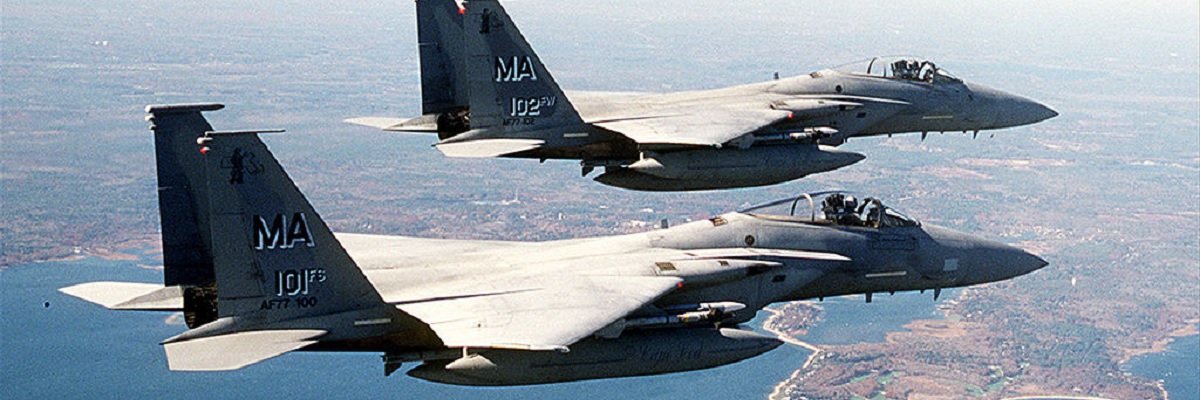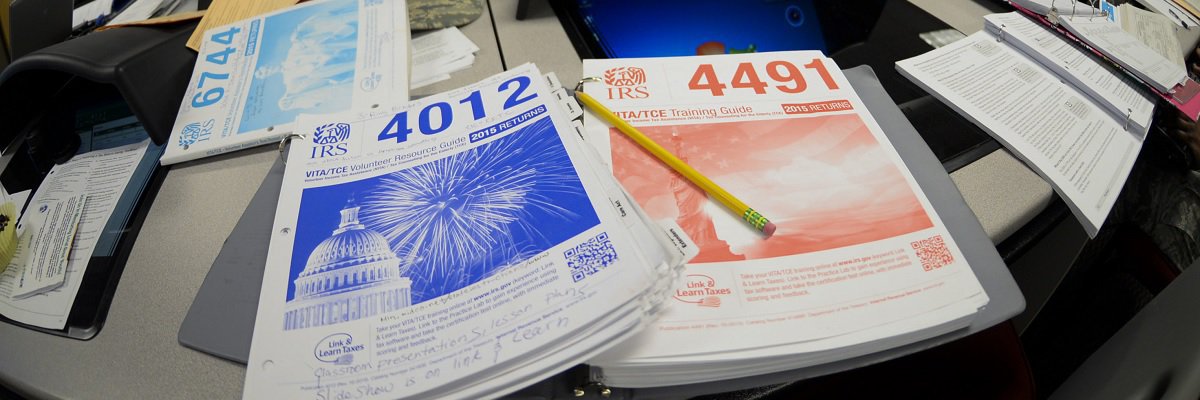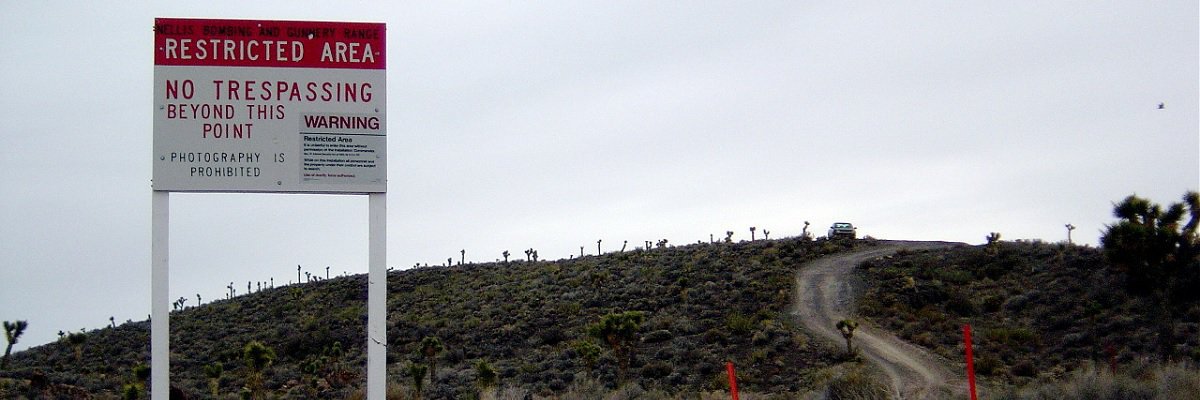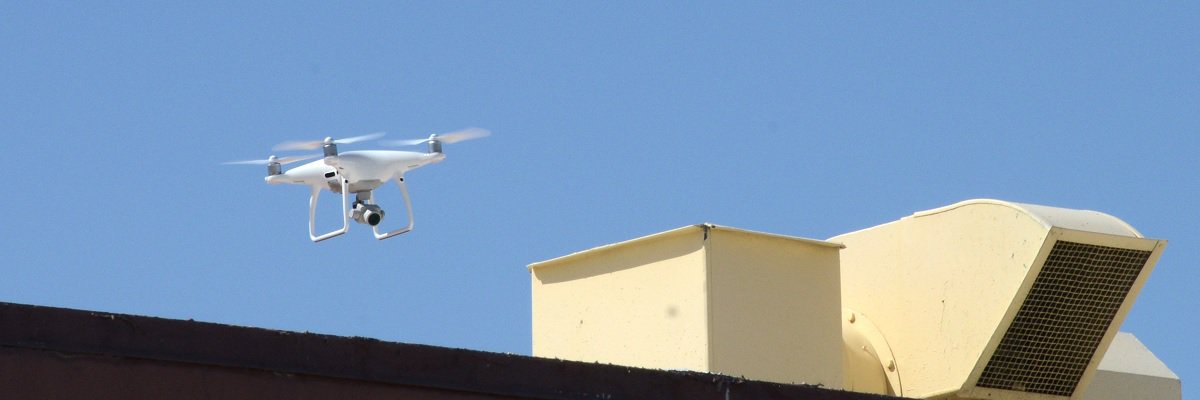It appears some Air Force brass wish their subordinates would fly a little farther under the radar, especially when airing their office’s dirty laundry.
In 2011, an Air Force whistleblower had his security clearance revoked after pestering his supervisor about fraud and waste within the agency, according to a Defense Department Inspector General report. The Inspector General’s investigation concluded in December that his supervisor retaliated against the civilian employee for disclosing the infractions.

The heavily redacted report, which MuckRock requested following on an announcement in the January newsletter of the Department of Defense Inspector General, found that the supervisor accused the whistleblower of being a mentally unstable drug abuser in addition to revoking his security clearance for the offense of reporting that colleagues were allowed to leave work hours early and lie on their time cards.
The Air Force civilian employee — referred to as “Complainant” throughout the heavily redacted report — began notifying his superiors of the timecard abuse in January 2010, according to the report.
By that October, his relationship with supervisors “became mutually hostile and resulted in several verbal altercations.”

The final straw came a year later, when the whistleblower was ordered not to complete an asbestos test prior to drilling into a wall to install a classified communications system, according to the report. In December 2011, he lodged a complaint with the Inspector General’s office.
Even though that complaint circumvented the Air Force chain of command, it was considered a protected communication under the Military Whistleblower Protection Act, which safeguards communications from service members reporting violations of laws or regulations.

But less than two weeks after the complainant went to the Inspector General, his supervisor — an Air Force lieutenant colonel, per the January newsletter — revoked access to classified information and areas.

In response, the the civilian employee filed a whistleblower reprisal complaint with the Inspector General’s office in January 2012.

The supervisor justified that suspension by telling IG investigators that his subordinate “had difficulty getting along with fellow employees, that employees were afraid of Complainant and locked the office door because of that fear and that he suspected Complainant was using drugs.”

A year the reprisal claim was filed, however, the Inspector General concluded that the supervisor “could not provide any evidence to support these allegations,” and that the clearance revocation was reprisal.

The IG investigation concluded by recommending that the Air Force restore the whistleblower’s clearance, as well as “Consider taking appropriate corrective action against [redacted supervisor’s name].”
Read the full report embedded below, or on the request page.
Image via Wikimedia Commons





